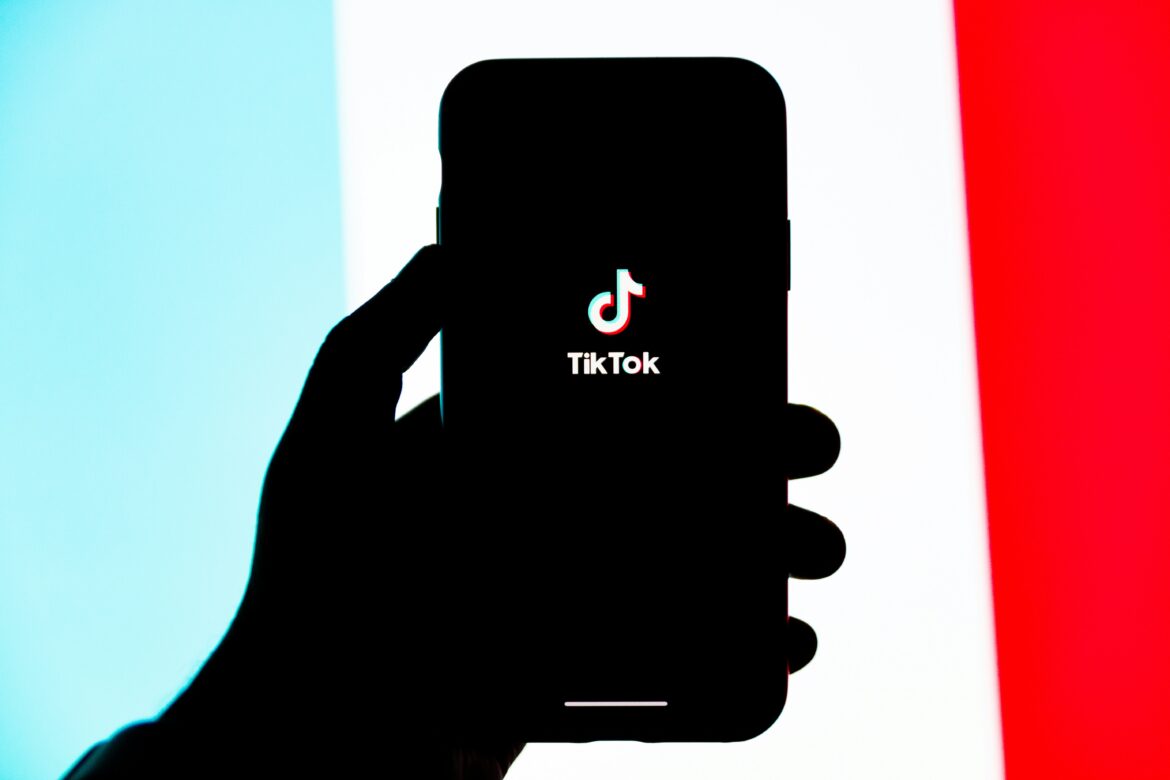In the digital age, social media platforms have become an integral part of everyday life, shaping culture, politics, and commerce. Among these platforms, TikTok has emerged as a global phenomenon, captivating millions with its short-form videos and trends. However, TikTok’s journey in the United States has been fraught with controversy, particularly surrounding concerns over data privacy and national security. The Trump administration’s attempt to ban TikTok in the US exemplifies a complex web of political manoeuvring, economic interests, and, perhaps most glaringly, hypocrisy.
The saga of TikTok’s ban in the US began in 2020 when the Trump administration raised alarms about the app’s ties to the Chinese government through its parent company, ByteDance. Citing national security concerns, the administration issued executive orders seeking to ban TikTok, unless it was sold to an American company. This move was met with mixed reactions, with some applauding the government’s efforts to safeguard data and others viewing it as a politically motivated attack on a popular platform.
More recently in March of 2024, The United States House of Congress passed a bill that could lead to a potential nationwide TikTok ban. As of now, a ban hasn’t been enacted as the Senate has to vote on it t before it can be written into law. 2024 is also an election year, and with international political tensions being heightened with the acts of genocide being enacted in Palestine the significance of such a ban needs to be discussed, especially in an American context.
Freedom of speech, press, and all things freedom is a notable feature associated with the United States, but a ban on TikTok seemingly opposed the foundation of core American values. Supposed security concerns about national security have been cited as the reasons why lawmakers want to ban the app, as the New York Times summarised “It all comes down to China”. The government in China can demand sensitive information from companies and citizens and “ByteDance may put sensitive user data, like location information, into the hands of the Chinese government”. However recent political developments have led many to believe there is more to the story than people are letting on.
TikTok has given a voice to vulnerable groups of people, delivering news straight from the source. People have been live streaming and posting content on TikTok from warzones and conflict areas all around the world. The unfiltered news has major political ramifications as it challenges traditional media narratives and provides alternative perspectives. Critics of TikTok such as Senator Marco Rubio (R-Fla.) suggested that China-based tech firm “ByteDance, is a secretive propaganda engine built to manipulate American teens for Chinese geopolitical goals — in this case, Rubio said, to “downplay Hamas terrorism.” and American Jeff Morris Jr, a Director at Tinder and a prominent Venture capitalist, expressed alarm that the hashtag “#standwithpalestine” had three billion views, compared with 200 million for “#standwithisrael”.
This overwhelming support for Palestine is being met with criticism by older lawmakers who believe that the support is political propaganda and not genuine support of the humanitarian cause. Many creators of TikTok feel that the platform has provided Palestinian voices with a platform, that would have otherwise been silenced. Claiming that the support for Palestinians is propaganda is only the beginning of the hypocrisy. Labelling opposing views as propaganda can be seen as a form of censorship, bias, or an attempt to discredit differing perspectives without engaging in meaningful dialogue or debate. It is ignorant for political figures to suggest that the platform is encouraging propaganda, rather than acknowledging that the beliefs of the younger generation may simply be different.
Some TikTok creators have also pointed out the potential bias and hypocrisy of the TikTok ban being supported by representatives who advocated for their own candidacy on TikTok. Representative Jeff Jackson voted yes for the TikTok ban after garnering millions of followers on the platform, following the vote “Jackson lost over 100,000 followers on TikTok that day” after many pointed out the hypocrisy of his actions. Another glaring bias is the financial and political organizations backing these representatives. The American Israel Public Affairs Committee (AIPAC) is a pro-Israel organization lobbying on behalf of a coalition of pro-Israel American Jewish groups. 352 house representatives voted for the bill that aims to ban TikTok and many of them were backed by AIPAC, such as Rep. Dan Crebsehaw.
Censorship fundamentally contradicts the core values of freedom and democracy. If TikTok is truly a dangerous platform for spreading misinformation and propaganda, why does the bill being passed align with other political outcomes, and why has the app not been banned until now? The timing of this bill with the conflict in the Middle East and pro-Israel lobby groups in the US suggests that there may be other forces incentivizing politicians and the government to ban it, apart from national security concerns against China. Banning platforms like TikTok not only stifles free expression but also risks silencing diverse opinions and perspectives, particularly those of the younger generation who often utilize such platforms as a means of sharing their viewpoints.
Edited by Susana Baquero Salah

Anvita Dattatreya is in her second year at McGill University, currently pursuing a B.A. Double Majoring in Economics and International Development Studies. As a staff writer in Catalyst she hopes to write articles on topics including socio-economic and political issues in South-East Asia.

